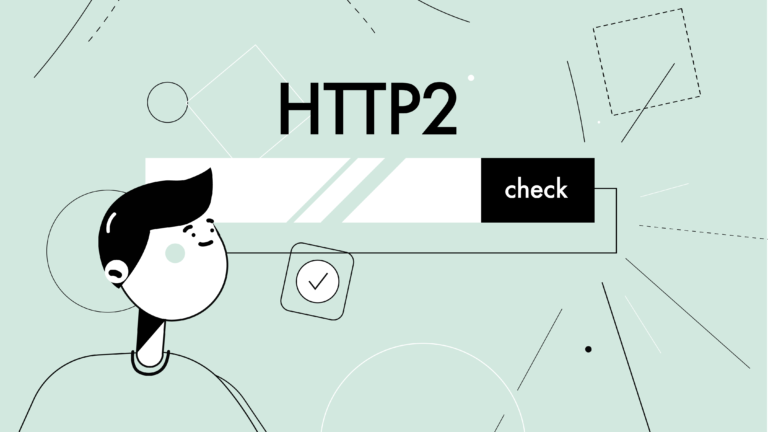SSL certificates. Features and differences.
Are you using your website to conduct transactions or transmit sensitive data? So you better show your visitors that it is completely safe. You can do this with an SSL certificate.
It is a digital certificate of the web resource, which guarantees that the exchange of information between the user and the site through a secure channel using encrypted protocol https.
This allows you to protect transmitted information from possible modification, unauthorized access or interception.
How does it work?
SSL certificates are based on the principle of encryption of information. It implies the use of two keys. First, it is a public key. It is known to all users. Second, a private key that only the recipient of a particular message knows. The link with the SSL request has the following form – “https://”.
These certificates work according to this scheme:
- The browser sends a request to the secure page (“https://”).
- The server sends a certificate and its own public key.
- Browser performs verification of the received certificate, as well as its connection with a particular web resource.
- The browser applies the key that was sent by the server and sends a request to the channel responsible for transmitting information in encrypted form.
- The server decrypts the key. A secret key is used for this purpose.
- The server forwards the requested document after it has been encrypted using a symmetric key.
- The browser, using its own symmetric key, performs decryption of the available information. After that the html-document opens, which contains the necessary information.
The size of the key used may vary. The most common variants are considered to be: 128-bit and 256-bit. This has a direct impact on the level of difficulty in encrypting information. The longer the key is, the harder it is to break in and find out confidential data or commercial information.
Why is it necessary?
There are several reasonsto buy an SSL certificate :
- A guarantee of absolute safety in the process of data exchange.
- Authenticity of information. An SSL certificate is a confirmation that the client actually receives information from the domain where a particular website is located during data exchange.
- Privacy. Information is transmitted in such a way that it cannot be intercepted.
- DataIntegrity. Using SSL certificates is considered a guarantee that the information will not be distorted during transmission.
- Confirmation of your reliability in the eyes of the client.
Installing an SSL certificate on your own site allows you to earn the trust of your visitors. The fact that the web resource is secure shows that you count on long-term cooperation and show care for customers from the very beginning of your business relationship.
With the rapidly increasing competition between Internet projects and the emergence of a growing number of online scams, users are becoming the most demanding and accurate. They want to remain confident in the service provider. Confidential information (contact phone numbers, names, tax numbers, etc.) sent by customers through the website must be encrypted.
SSL certificates differ in the type of validation, the number of domains protected, and support for additional technologies. Below is a summary of some of them.
- Instant SSL. Designed for both businesses and individuals. Responsible for checking the ownership of a particular domain. Additionally verifies the registration information of the company or the identity of the individual. Such a certificate is issued only for one domain.
- Essential SSL. This certificate is considered the most common. This is due to its low cost and rapid clearance. Can be used by individuals and legal entities. The certificate is responsible for checking the ownership of the domain (company registration data and other information is not checked). Issued for one domain.
- This certificate is an analogue of Instant SSL. The only difference is that it supports 40-bit extensions. It is designed for outdated operating systems and web browsers. The certificate can be issued for one domain.
- It is intended exclusively for legal entities. It is responsible for checking domain ownership, company registration information, availability of notarized documents, etc. In addition, it provides the ability to install an image on the website, which is a proof of security of this resource. In modern browsers, sites with such a certificate are marked in green. Its cost is about 2-3 times higher than the price of Instant SSL.
Successful choice in installing the SSL certificate
The text was prepared by the Tuthost copywriting team








